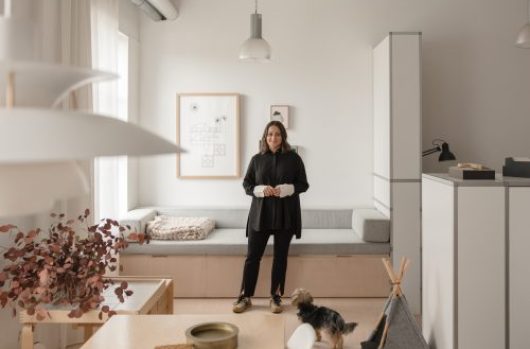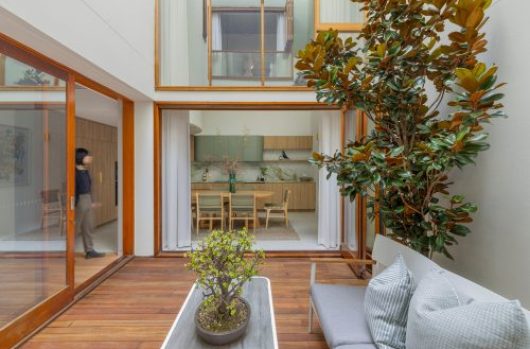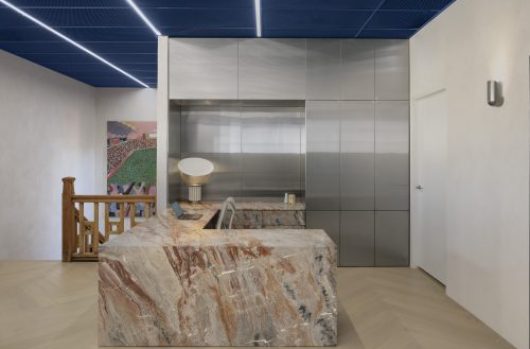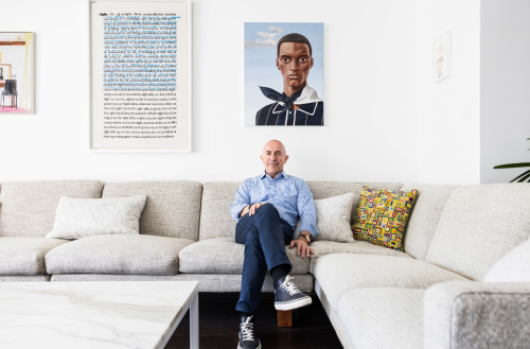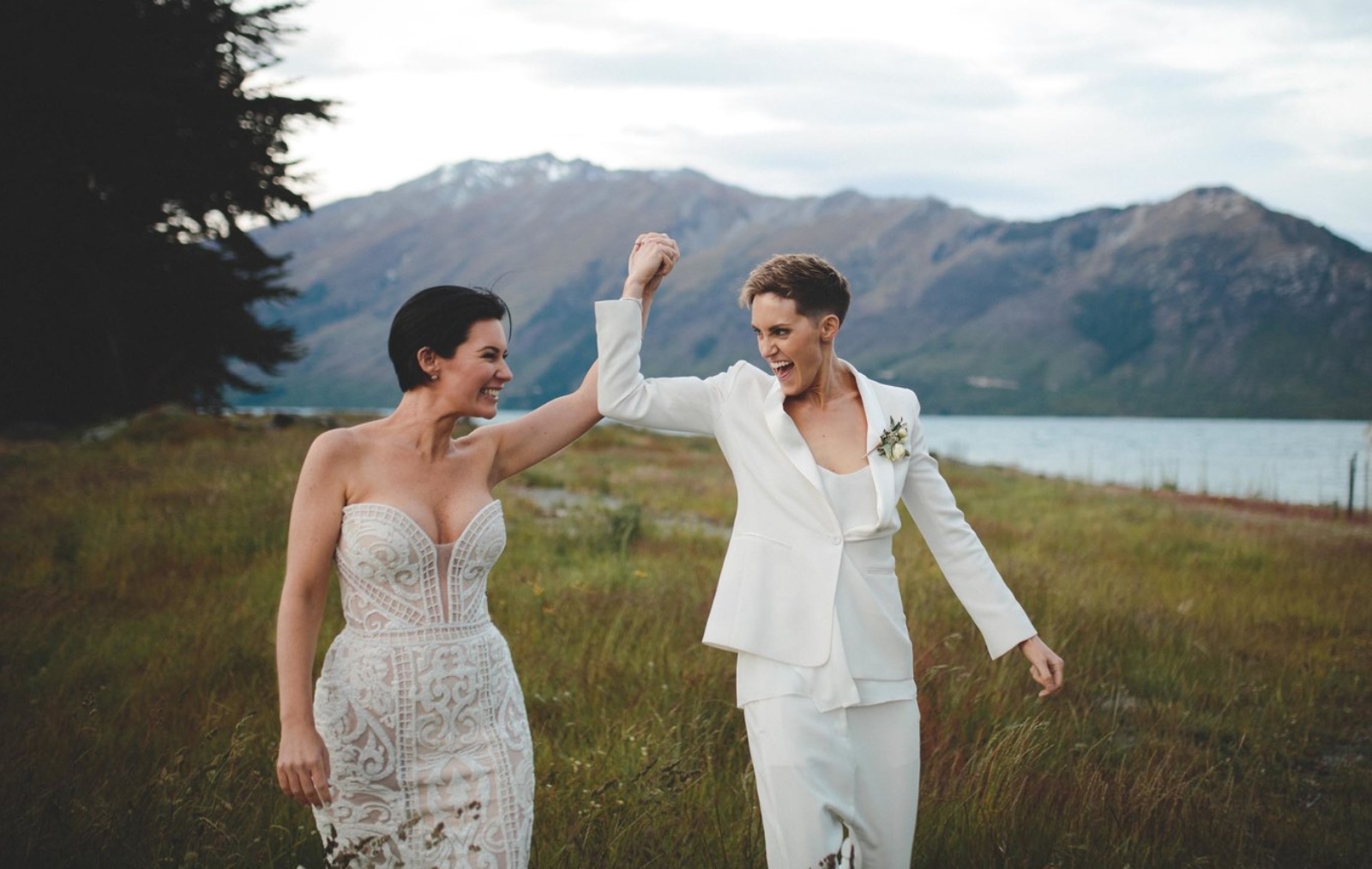
Equality: some are more equal than others
BresicWhitney’s first office opened in Darlinghurst in 2003, arguably the most safeguarded gay bubble in Australia.
Taylor Square is just 800m away where the colourful celebration that is Sydney Gay and Lesbian Mardi Gras explodes through Oxford Street, turning right as it shimmies towards Moore Park for its dance party finale.
We are never prompted to question what’s right for LGBTQ+ people until each time this topic of marriage equality weathers the nasty tempest of public scrutiny. Amid our worst social storm to date, it’s obvious a bigger struggle is ongoing. But this one is about more than just pride and acceptance. It’s about equality.
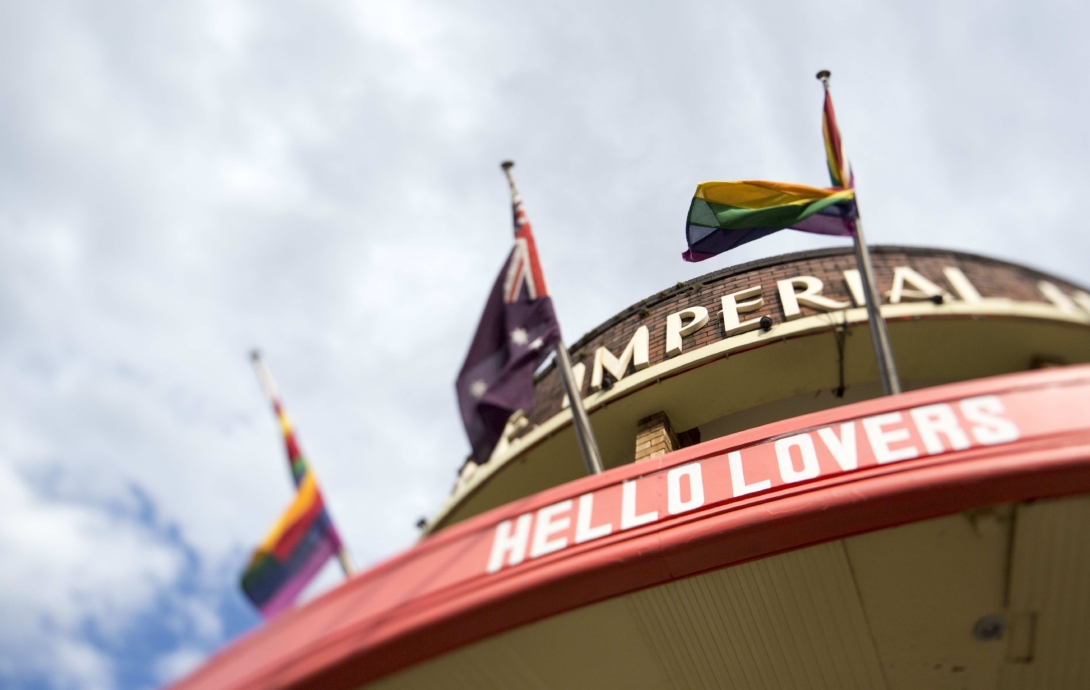
We don’t want to be having these discussions, in 2017, in our imperfect-yet-utopian bubble of inner Sydney. But since we are, here’s what gay loved ones have at stake.
This isn’t a fight to be married. It’s a fight to be afforded the same rights under the Marriage Act. It’s a fight for the same rights under the law as a heterosexual married couple. A fight for equality.
Possessing any sense of community, it’s hurtful to watch this issue of equality and basic human rights degenerate into a yes/no slinging match driven by personal ideologies.
Recognising LGBTQ+ relationships at the highest legal level builds on our national foundation of a fair go. That’s a term Australia’s last four prime ministers have each touted at some point, despite their ideological differences.
This fight encompasses equality for human services, visa conditions, how the Family Court views children and assets, bereavement payments, life insurance and the other financials we take for granted.
It’s the wording of the current law that keeps these fundamentals out of reach, trapped in an Orwellian reality. It almost plagiarises Orwell’s Animal Farm in declaring: “All people are equal, but some people are more equal than others.”
We have freedom of expression, freedom of speech and we’re free to love whoever we want. Yet only some of us can enjoy the peace of mind that comes with legal marriage. Some are more equal.

A BresicWhitney client told us of an emotional chat about marriage equality with her mother this week:
“My mum is a Catholic and involved with my partner and our children. We never assumed she would vote yes if given the chance, and will never ask because hearing a ‘no’ would be devastating. Either way, she’s my Mum and I love her dearly.
“But what was really interesting is she didn’t actually know until recently what is at stake in this decision. She didn’t know that if I die, she would have more say over what happens to my super, my life insurance, my funeral than will my partner of 20 years and the mother of our children.
“She didn’t know I could be excluded from these decisions if something happens to my partner.
“While neither of our parents would stand in our way, how can that be right under law? And what about the couples who aren’t so lucky?
“We assume our friends, family and colleagues know what is at stake and what is not – but my mum didn’t.
“The politicians who oppose this legal right are confusing the issue. They want people like mum to believe their beliefs are being denigrated when they aren’t.”
Clarifying the wording of the law will symbolise to vulnerable young LGBTQ+ people that they matter, they are equal, and that the laws of their land will offer them the same protections, rights and responsibilities as everyone else.
And that’s it. That’s what’s at stake.
This isn’t about religion but about community. It’s not about political correctness but about equivalence.
In our Darlinghurst office, one agent has been in a 17-year gay relationship with his partner. They exchanged private vows on a park bench outside the Art Gallery of NSW after buying $100 rings on Pitt Street (cute, we know). But if something were to happen to one of them, their parents would have more influence over their last wishes and financial bequests than the other partner, even though everything they do/have has been together.
A team member in Glebe travelled to New Zealand to tie the knot with her long-term love, where marriage equality has been a way of life since 2013. The woolshed setting with guests arriving via boat was serene, but it was the signing of legal documentation (although not recognised in Australia) that brought them one step closer to some true peace of mind.
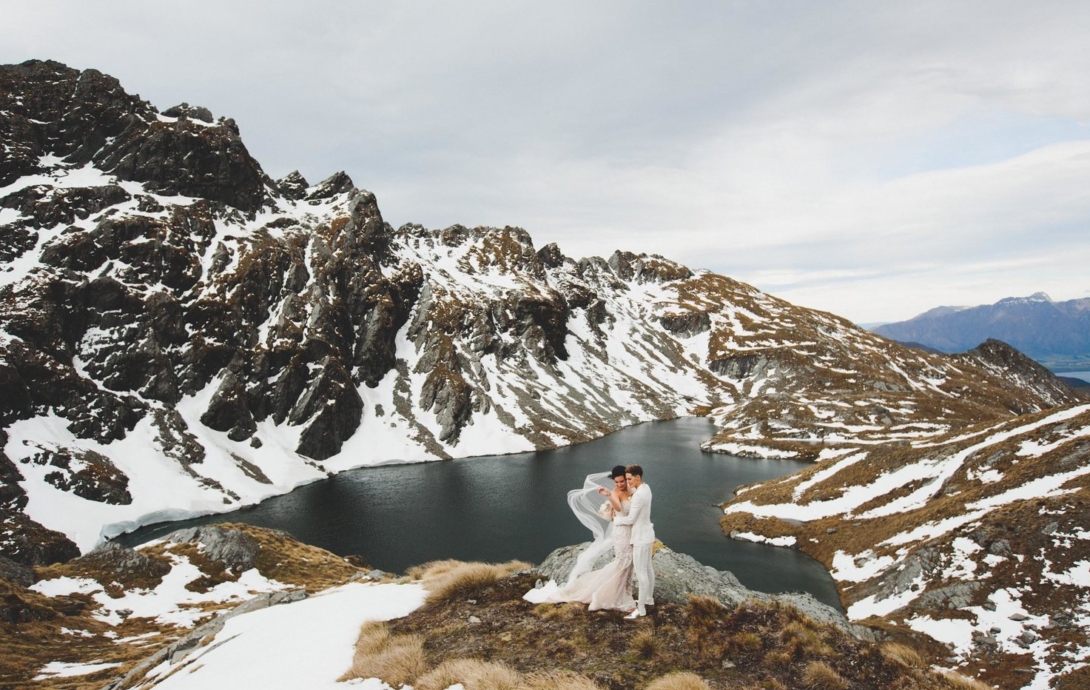
“We both have elderly grandmas and mine was 93 and couldn’t travel when we got married,” she says.
“She’s since passed away so she never got to see us get married. I don’t get upset about many things, but I never got to have a wedding photo with my grandmother and she missed out on the whole day. We didn’t have that choice.”
Another female colleague is in a 7-year relationship with a woman that isn’t viewed as seriously under Australian law as her marriage to her ex-husband. Both women involved feel that ambiguity every day.
Meanwhile they’ve spent recent weeks shielding their children from the hateful debate others force upon them for having two mums.
There are more of these stories to hear throughout our offices, through clients, and from friends.
It’s a setback for democracy when our MPs refuse to bring us closure in Parliament, but it’s another blow when their fear mongering appeals to certain prejudices this fight was never trying to swing.
It rocks our foundations of fairness and weakens our sense of community.
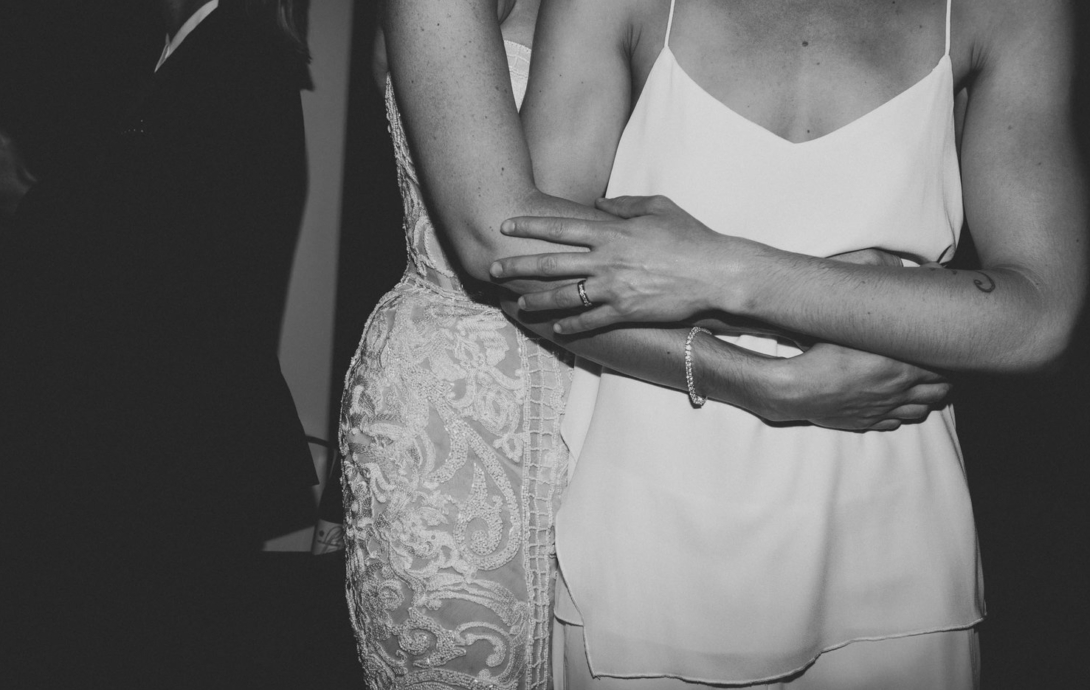
This postal plebiscite could be swayed with votes of people who can be bothered to fill out this paperwork, and walk to a post box in the name of fairness.
That’s neither voting for change or to preserve the concept of marriage. It’s a declaration as to whether we believe in equality and equal rights for all Australians.
Our vote (or our silence) will send one of two messages: All people are equal. Or, some people are more equal than others.
It’s in our hands now.
Enrol before August 24: http://www.aec.gov.au/enrol/
